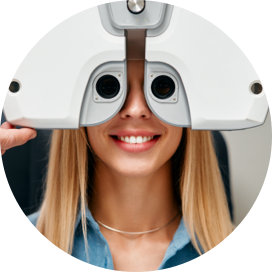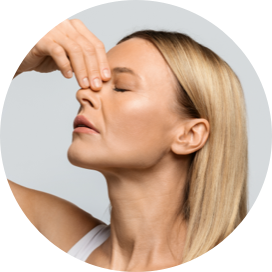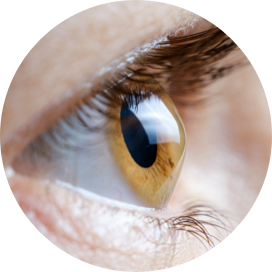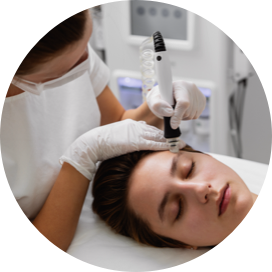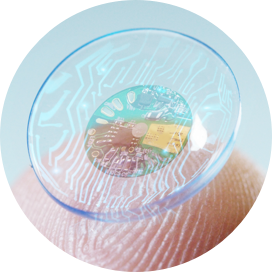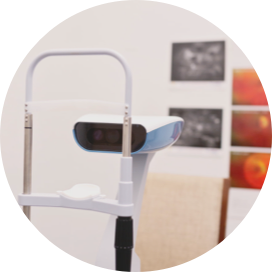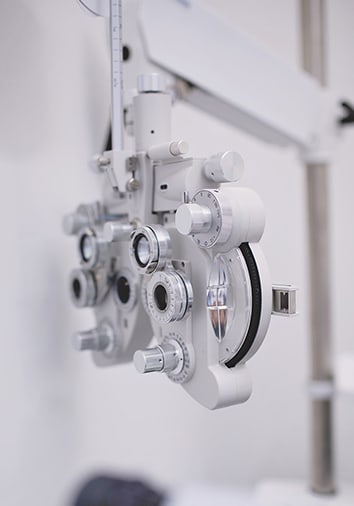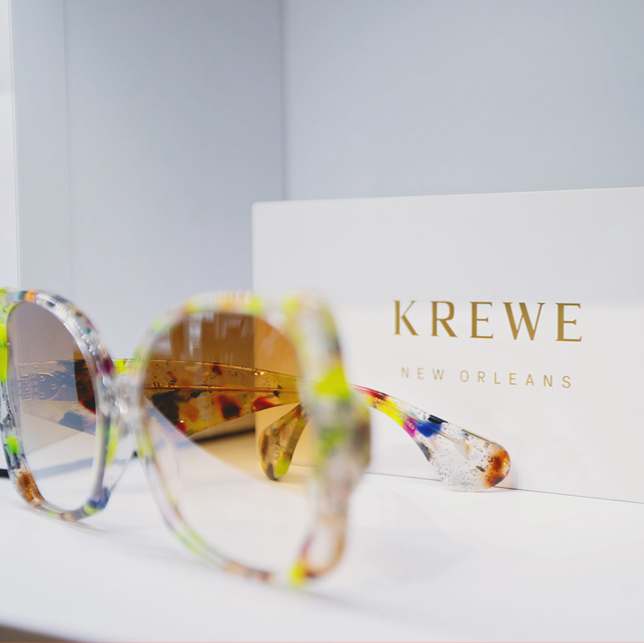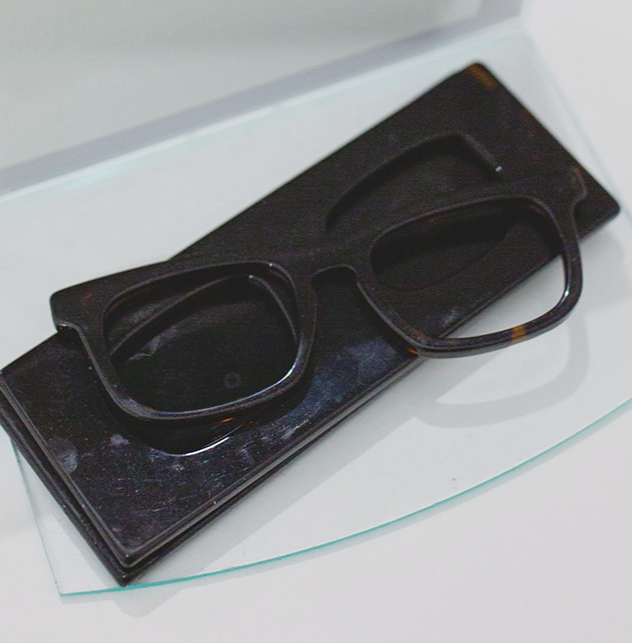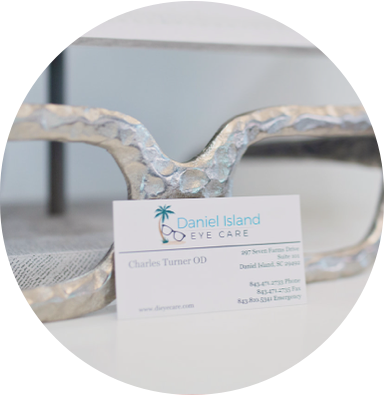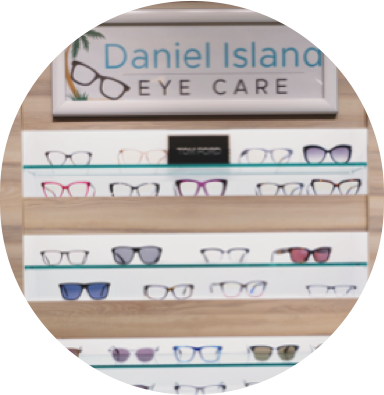It’s a common misconception that prescriptions for contact lenses and glasses are the same. While they may appear similar at first glance, there are several important differences that can significantly impact vision correction.
For instance, contact lens prescriptions account for the curvature of the cornea and the distance between the lens and the eye, which is crucial for proper fit and comfort. On the other hand, glasses prescriptions typically focus solely on refractive errors and do not consider these additional factors.
Moreover, different brands of contact lenses also have varying parameters, which means that a prescription for one brand may not be suitable for another.
Understanding these distinctions is essential for ensuring optimal vision and eye health.
Understanding Prescriptions
A prescription is a written document by an eye doctor (optometrist or ophthalmologist) that specifies corrective lenses for vision. It includes information such as the patient’s name, date of examination, and the doctor’s signature. The most important part of a prescription is the power of the lenses needed to correct visual impairments.
Both contact lens and glasses prescriptions have this basic information, but there are further details that set them apart.
Different Measurements
One key difference between contact lenses and glasses prescriptions is the way measurements are taken. Glasses require a single measurement for each eye, known as the spherical equivalent (SPH), which indicates the strength of the lenses needed to correct nearsightedness or farsightedness. However, contact lens prescriptions also include values for base curve and diameter, which determine how the lenses will fit on the eye.
Importance of Fitting
Another significant difference is that contact lenses need to be fitted by an eye doctor to ensure proper fit and comfort. This is because, unlike glasses, which sit in front of the eyes, contact lenses directly touch and interact with the sensitive surface of the eye.
A prescription alone cannot guarantee that a certain brand or type of contact lens will work well with an individual’s unique eye shape and needs. Fitting also involves teaching proper handling and care techniques to minimize the risk of eye infections or other complications.
Considerations for Brands
When it comes to glasses, a prescription can typically be filled with any brand as long as it matches the power specified. However, with contact lenses, different brands may have slightly different designs and materials that could affect comfort and vision quality for some individuals. Therefore, doctors may recommend specific brands based on the patient’s needs, lifestyle, and budget.
The Importance of Regular Eye Examinations
Prescriptions are not permanent and should be renewed at least once a year through a comprehensive eye examination. This annual check-up is crucial because our eyes and vision can change significantly over time due to various factors such as age, lifestyle, or underlying health conditions. An outdated prescription may not provide the best correction, leading to discomfort or blurry vision.
Regular eye exams are essential for spotting potential eye health issues like glaucoma or cataracts early on, which is important for maintaining good vision. By prioritizing these check-ups, individuals can ensure they receive accurate prescriptions and take proactive steps to preserve their eyesight for the long term.
Importance of Proper Care & Maintenance
Another important reason why regular eye examinations are essential is to ensure that contact lens wearers are properly caring for their lenses. Contact lenses require diligent cleaning and disinfection to prevent harmful bacteria from accumulating on the lenses, which can lead to serious infections or discomfort. Neglecting lens care can result in complications such as corneal ulcers or conjunctivitis, which can significantly impact a person’s vision and eye health.
During an eye exam, eye care professionals can educate patients about the best practices for lens care, including the correct methods for cleaning, disinfecting, and storing lenses. They can also assess whether patients are following these techniques correctly, providing personalized advice, and addressing any specific concerns.
Regular check-ups not only help maintain optimal vision, but also contribute to the overall health of the eyes, ensuring that wearers enjoy a safe and comfortable experience with their contact lenses.
Discover Personalized Eye Care at Daniel Island Eye Care
While glasses and contact lens prescriptions both aim to correct vision, there are some key differences between the two. Contact lens wearers must be diligent in following proper care techniques and attending regular eye examinations to minimize their risk of complications and maintain good eye health. Whether you prefer glasses or contact lenses, it’s essential to consult with your eye doctor for personalized recommendations and to ensure that your prescription is up-to-date.
At Daniel Island Eye Care, we believe in the importance of providing comprehensive eye care services that cater to each individual’s unique needs. Our team is dedicated to helping our patients achieve their best vision, whether through eyeglasses, contact lenses, or other visual aids. Schedule your next eye exam with us today and let us help you see the world clearly!


